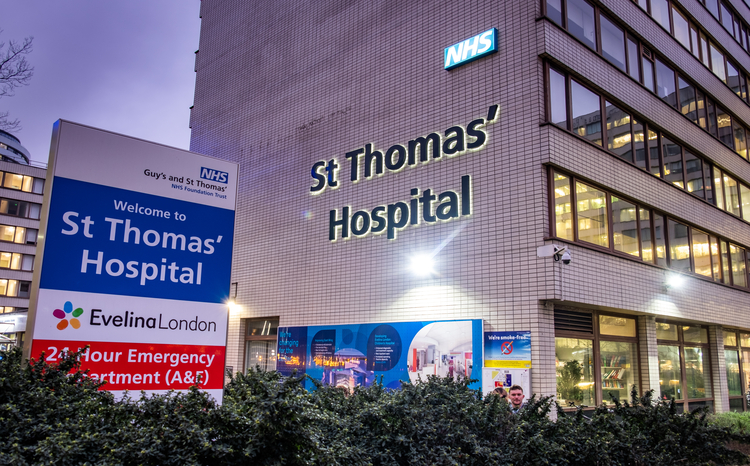Report shows flaws in safety reporting
- 16 March 2009
Trusts are failing to report patient safety incidents and to review their policies in response to known problems, a report has shown.
The report published by the Healthcare Commission on improving patient safety in the NHS says that levels of incident reporting within many trusts are inadequate.
It says “incidents are not being reported effectively” and that the “information that is reported is often of poor quality, making it difficult to learn from and make appropriate changes.”
The report was published days after the National Patient Safety Agency announced that it is now publishing online patient safety incident reports from every NHS trust and local health board in England and Wales.
A spokesperson for the NPSA told E-Health Insider that the reports were variable at present. They said: “Just because a trust has a low incident report, it does not necessarily show how well it is doing, due to a huge amount of under reporting that appears to be going on within trusts.”
The Healthcare Commission says that in order for reporting levels to be improved “the National Patient Safety Agency, the Care Quality Commission, Monitor and strategic health authorities should work together to follow up trusts who report low levels of incidents and those who do not improve their performance in areas of safety.”
The health watchdog, which is about to be replaced by the CQC, also found that almost half of trusts are not consistently updating relevant policies in the light of safety alerts, which could result in more patient safety incidents.
It states that trusts have “some processes to gather information about whether or not actions have been implemented as a result of safety alerts, however the quality of information generated by these processes needs to improve.
“Robust monitoring of the implementation of actions required in safety alerts often does not take place. Trusts should have well thought out systems for onward distribution of safety alerts that have appropriate clinical or expert input and that ensure that they are distributed to the appropriate people. Those responsible for taking and coordinating actions should be clearly defined.”
The report highlights the need for risks to the safety of patients to be proactively managed, rather than responded to once something has gone wrong.
Link: Safely does it: implementing safer care for patients




